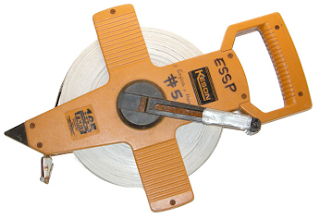1. 120g of silica sand
19ml water
douglas furr wood
about 30 termites
(8/17)observation: slugish activity and eating the wood
2. (8/23) observations: litle of visible wood been eaten. surface sand displaced from diging tunels. manny tunels visable at botom of jar.
3. (8/30) observation: Wood- been eaten a little. Water- less of it. Sand- moved around. Termites- apears to be less, posibly in tunels that are not visable.
4. (9/9) observation: someone nocked over the jar, many tunels were colapsed some colapses traped termites. he remaning termited just started rebuilding the tunels.
5. I found the termite unit interesting but repetitive, i took notes at every opertunity wich was helpfull but I did end up with repeated information wich was useless. my favorite part was that of the disecting and microscope. my least favorite part was that of the repeated notes.
6. i do not have anyhting else of interest about our termite enemys.
green machine
i got the idea for the name of this blog from my science teacher. he has us turn in our asignments to a folder called the green machine. i figured even though the thing is very green already i might as well make it even more so.
Thursday, October 14, 2010
Thursday, September 16, 2010
termite lab
Helo mr.marggraf :) this is the rest of the stuff you wanted me to post.
Symbiotic relationship: dissimilar organisms in a mutualy benificial relationship.
Here we are talking about termites and protozoa. Protozoa get a place to live and food to eat, the protozoa brake down the cellulose from wood and turn it in to acetate, carbon dioxide, hydrogen, and methane.
Termites get acetate, this is termites source of energy.
Our lab was pretty simple, first mr.marggraf gave us our termite, then we pulled its guts out. we placed the guts in a drop of saline solution on our microscope slide, then smooshed them a bit and looked at them (the guts).
my personal reflection: see previous posts :) (the most recent video)
Symbiotic relationship: dissimilar organisms in a mutualy benificial relationship.
Here we are talking about termites and protozoa. Protozoa get a place to live and food to eat, the protozoa brake down the cellulose from wood and turn it in to acetate, carbon dioxide, hydrogen, and methane.
Termites get acetate, this is termites source of energy.
Our lab was pretty simple, first mr.marggraf gave us our termite, then we pulled its guts out. we placed the guts in a drop of saline solution on our microscope slide, then smooshed them a bit and looked at them (the guts).
my personal reflection: see previous posts :) (the most recent video)
Wednesday, September 15, 2010
Thursday, August 12, 2010
transect tape for shizle
yo! aieght
the transect tape is like a giant measuring tape used for measurin and sampling objects and their distrabution.
1. pull silver loop
2. place ends of tape on either side of object you are measuring
3. record data
4. retract transect tape by rotating black handle counter clockwise
the transect tape is like a giant measuring tape used for measurin and sampling objects and their distrabution.
1. pull silver loop
2. place ends of tape on either side of object you are measuring
3. record data
4. retract transect tape by rotating black handle counter clockwise
Subscribe to:
Posts (Atom)
